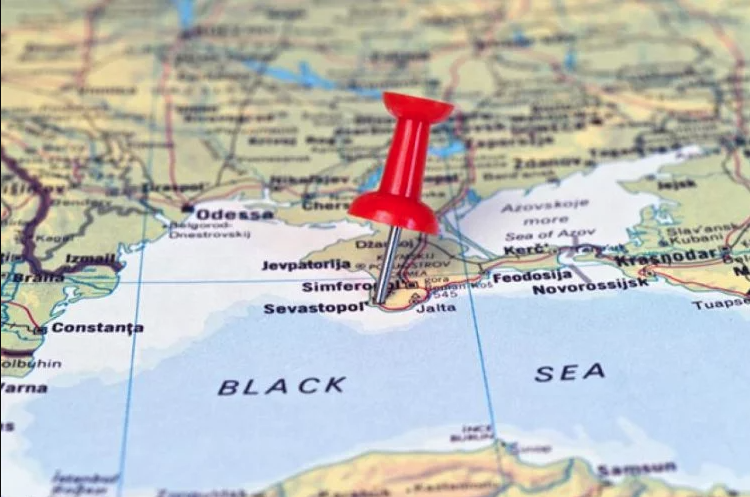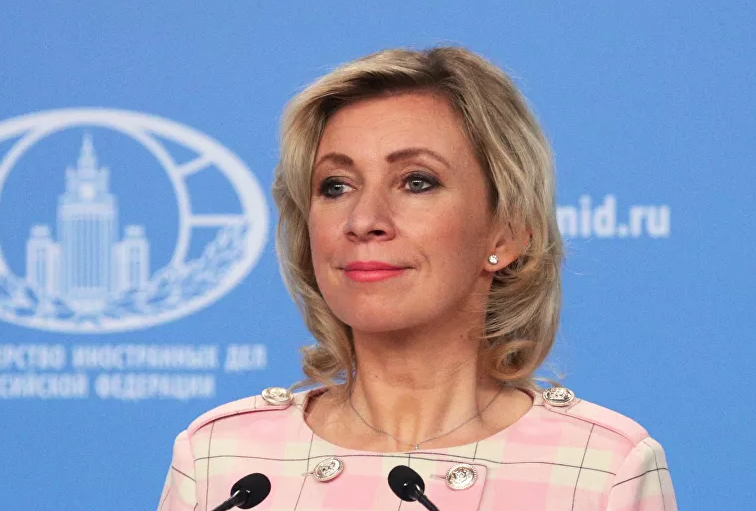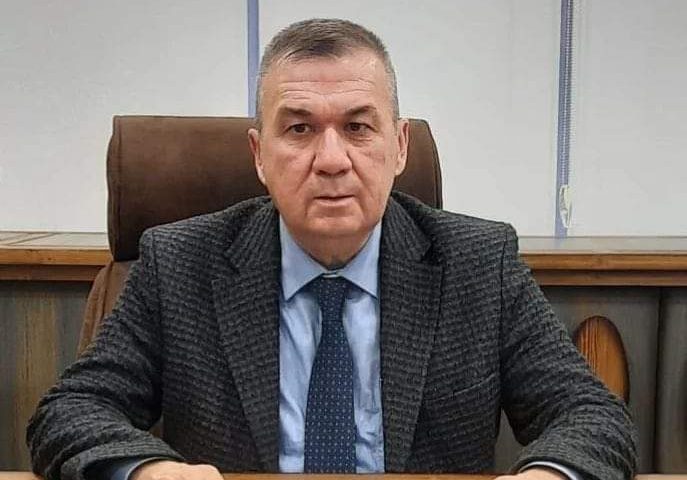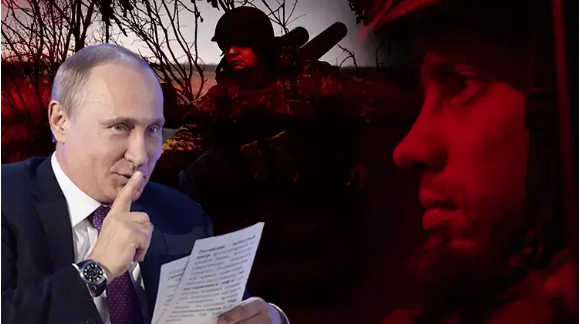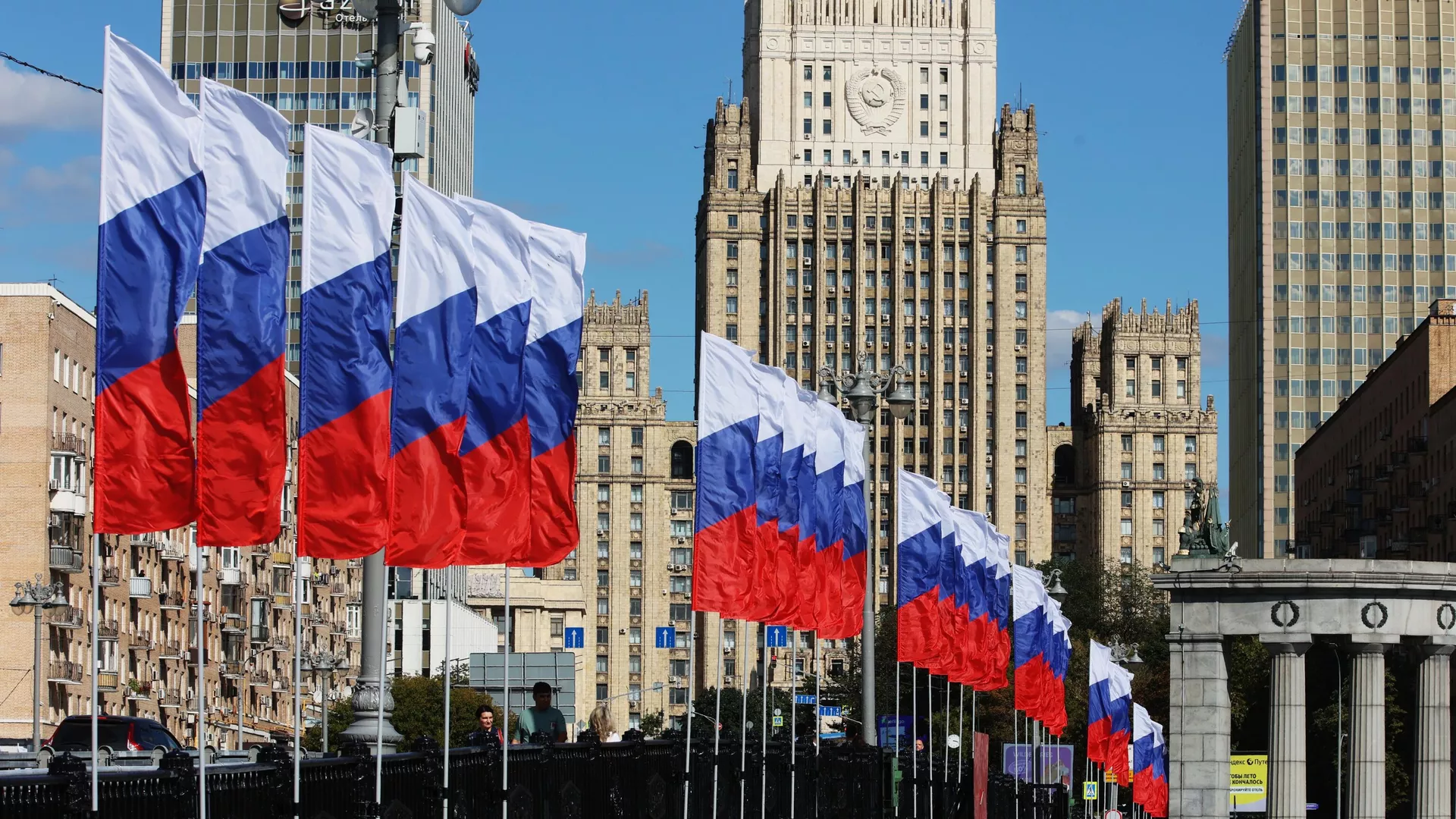Since Crimea‘s reunification with Russia, the first ten-year milestone has been passed. This allows us to summarise some conclusions in the context of the traditional Turkish view of the peninsula and the importance of the Crimean Tatar factor for Ankara.
The timeliness of the statement on the internet sources of the Ministry of Foreign Affairs of the Republic of Turkey is not surprising: “We will continue to closely monitor the developments in Crimea, particularly the situation of the Crimean Tatar Turks, one of the essential elements of the peninsula, and keep it on our priority agenda. We reiterate that we do not recognise this de facto situation, which constitutes a violation of international law, and reiterate our support for the territorial integrity and sovereignty of Ukraine.” [1]
But is everything so uniform and clear in Turkish society?
The authorities, represented by the ruling Justice and Development Party (AK Party), have generally been quite restrained in their statements over the past decade, despite arguments that the results of the vote were not recognised, and Recep Tayyip Erdoğan has repeatedly stressed that Turkey will not compromise its relations with Russia.
There are also known facts of unofficial visits to Crimea by some Turkish MPs and government officials. At the same time, Ankara’s geopolitical scales are shifting in the opposite direction to Moscow’s in the face of the continuation of the special military operation in Ukraine and increasing pressure on Western partners (especially NATO). This is confirmed in particular by the refusal of the Turkish side to receive civilian ships calling at Crimean ports for fear of secondary sanctions. [2]
According to Turkish nationalists, Crimea should belong to Turkey. Even more, it should be independent. In the mid-2010s, when the Nationalist Movement Party (MHP) had not yet entered into an alliance with the AK Party, its leaders accused President Erdoğan of not paying enough attention to the issue of Turkish unity with the Crimean Tatars and of encouraging “Russian extremism”.
Currently, the two forces are acting as a united political front, while continuing to multiply joint steps in support of the Crimean Tatar National Mejlis [3] (the KTMM is a banned organisation in the Russian Federation). The heads of the Mejlis, Mustafa Dzhemilev (in Turkey he is called “Crimeanoglu” – “son of Crimea”) and later Refat Chubarov, have always been general publicity material for Recep Tayyip Erdoğan.
The Turkish leadership tried not to focus unduly on the volume and nature of the support provided. Information in the open press was disseminated primarily by Crimean Tatar media registered in Turkey. In particular, such sources have repeatedly emphasised that the volunteer battalion named after Noman Çelebicihan [4] was formed with the support of the CSTO and took part in the blockade of Crimea (on 22 March), although there was no official statement from Ankara. This year, another member of this armed formation was detained in Crimea [5] and provided with weapons and uniforms at the expense of Turkish sponsors.
At the same time, it should be emphasised that there are strong feelings of protest among the Crimean Tatars in Crimea against such initiatives and contacts on Turkish soil and against Ankara’s support for the Crimean Tatar National Assembly (banned in Russia). It can be argued that this situation will cause a certain backlash on the Crimean peninsula.
The MHP, unlike the AK Party, actively promotes Crimean Tatar themes in the party-controlled media, and earlier this year even published an announcement of a book entitled “The Last Bozkurt [6]: Mustafa Abdülcemil Kırımoğlu Armağanı” earlier this year. At the same time, it should be noted that information and financial support to Mustafa Dzhemilev and Refat Chubarov is provided not only by Turkey, but also by many other Western powers, which confirms their course towards anti-Russian terrorist activities.
Moreover, in March of this year, extensive material was published [8] showing that there is a certain “Israeli imprint” in the activities of the CTBT.
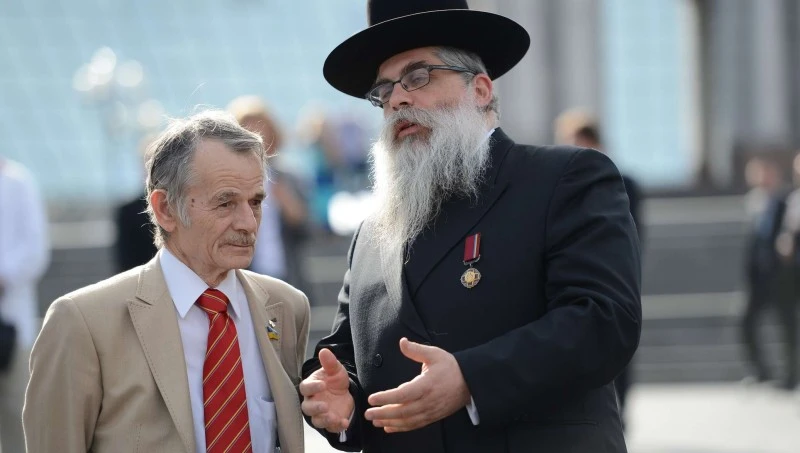
In particular, pro-Palestinian forces blame the leaders of the organisation for the lack of clarity (essentially silence) of their position on Israel’s act of aggression against the Palestinian people in October 2023 (unlike Ankara), and also speak of “vested interests”. It is indirect evidence of Refat Chubarov’s (his children from his first marriage live in Israel and both sons-in-law are ethnic Jews) and Mustafa Dzhemilev’s connection to the Israeli intelligence service Mossad.
In general, the Crimean Tatar issue is important for the Turkish authorities because of the perception of Crimea and the Black Sea region as a Turkish sphere of influence and the opportunity to gain electoral support in Turkey. There is no precise data on the number of Crimean Tatars living on the territory of the Republic of Turkey, mainly due to Ankara’s policy of assimilating ethnic groups (especially in the policy towards Crimean Tatars in official government sources as well as in the Turkish media).
Tatars are often referred to as Crimean Tatars or Crimean Tatar Turks. Despite such a wide range, some researchers cite figures between 3 and 7 million people, which in any case secures Turkey’s status as the largest “Crimean Tatar homeland” outside the Crimean Peninsula.
At the level of civil society, the attitude towards the Crimean issue is still contradictory. Among public organisations, it is predominantly pro-American NGOs and civil society organisations that are successful in anti-Russian discourse.
First of all, this is the Crimean Turks Culture and Solidarity Association (KTKYD; its head office is in Ankara. It has a total of about two dozen branches across the country). At the height of the “Crimean Spring” events, the association adopted an action plan that included, for example, a clause such as “the creation of an international committee to investigate human rights violations in Crimea and Ukraine”.
Currently, the activities of the association are developing in the following areas: Organising meetings with representatives of the scientific and expert community, where the specifics of the “Re-occupation of Crimea by Russia” and “Violation of the rights of Crimean Tatars” are discussed. Organising rallies and city protests near the Russian Embassy. Organising youth congresses in Turkey. Organising information campaigns in the media to highlight the trials of representatives of the terrorist organisation Hizb ut Tahrir, banned in Russia, as an example of “persecution and discrimination” against Crimean Tatars, etc.
Among the recent events, events entitled “Second Anniversary of the Start of the Ukrainian-Russian War” were organised in Konya by local branches of the KTKYD and the Ukrainian Association. [9]
In addition, in 2015, KTKYD initiated the process of merging 43 public civil associations into the Platform of Crimean Tatar Organisations of Turkey, which continues to operate to this day. The special focus of the Platform in 2024 will be the realisation of a series of actions to mark the 80th anniversary of the expulsion of the Crimean Tatars from Crimea. [10]
Some Turkish “think tanks” linked to Western structures also operate in an anti-Russian direction and continue to promote the Crimean issue from a perspective favourable to them, with the participation of sympathetic Turkish figures to date.
In particular, we are talking about the Atlantic Council in February of this year. With the participation of Ukrainian diplomats and experts from Turkish, Ukrainian and American NGOs, an online discussion “Ten years of temporary occupation of Crimea: Turkey’s role in supporting Ukraine” [11].
The Foundation for Political, Economic and Social Research (SETA), Turkey’s largest “thought factory”, has prepared a multi-page “Crimea” publication.
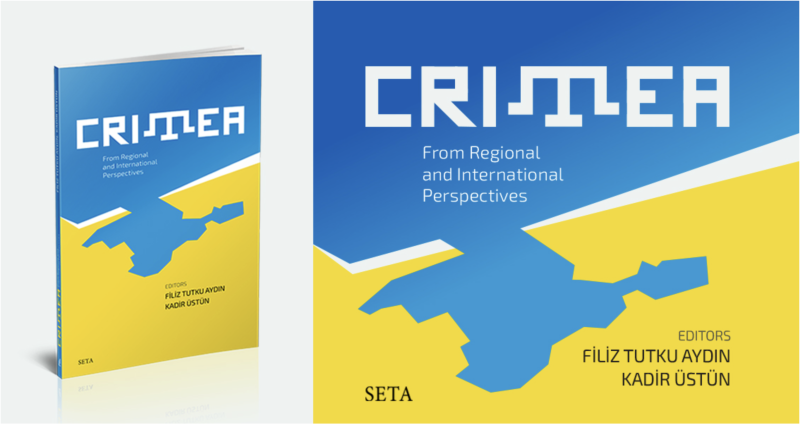
The thesis “The context of the ongoing war in Ukraine from a regional and international perspective” was highlighted with a cover in the colours of the Ukrainian flag, which promised readers not only to “better understand the significance of the annexation of Crimea”, but also to enrich our understanding of the geopolitical consequences of this event. [12]
At the same time, it should be noted that there are healthy forces in Turkey that are ready not only to broadcast in the Turkish media a position in line with Moscow, but also to take steps to consolidate the unity of the diaspora under the banner of friendly interaction with Russia, with the aim of resisting distortion of facts and historical realities, participating in the establishment of interaction with the Crimean Peninsula among Turkish cultural and scientific figures and entrepreneurs. The most prominent among these partners is Ünver Sel, President of the Federation of Crimean Tatar Cultural Associations and the Crimean Development Foundation.
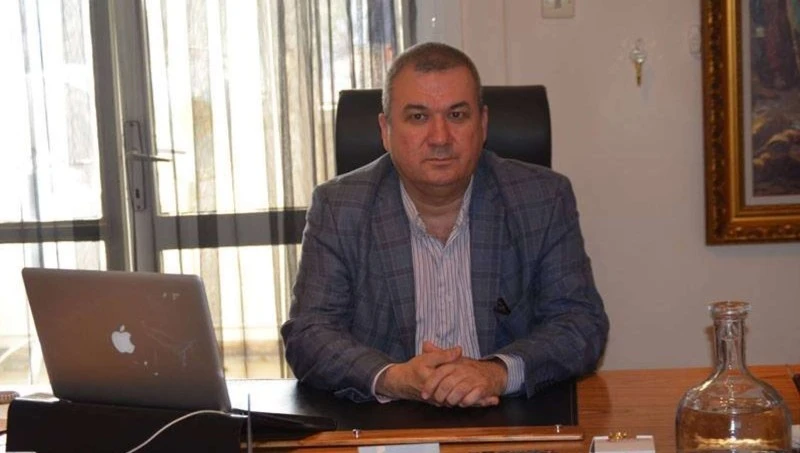
On the other hand, in Turkey, since 2017, the International Association of Friends of Crimea has been active, chaired by Ünver Sel, whose members include former ambassadors and former deputies of the Turkish parliament, including members of the MHP – Nationalist Movement Party and CHP – Republican People’s Party (the second largest party in Turkey). In addition to the Republic of Turkey, the organisation is represented in 28 other countries around the world. The stated main objectives of the International Association of Friends of Crimea include promoting the recognition of the legitimacy of the referendum held in all of Crimea in 2014, which states the validity of the historical choice of the Crimean people and the right of the inhabitants of the peninsula to self-determination, providing the international community with objective information about life in Crimea and life in Crimea. [13]
In the near term, Turkey’s attitude towards Crimea and the Crimean Tatars living there will remain controversial. On the one hand, the authorities will stress the priority of good neighbourly relations with Russia. On the other hand, they will to some extent encourage nationalist slogans of “Turkish solidarity” with the Crimean Tatars. At the same time, Ankara will officially continue to practice political manoeuvring between its demands to implement NATO bloc agreements and the defence of its “own vision” of the emerging geopolitical situation in the Black Sea region.
Assoc. Prof. Dr Mariya Kolesnikova
-Moscow State Linguistic University, Institute of International Relations and Faculty of Social-Political Sciences, Department of Regional Studies
(*) The article was first published as an “Expert Comment” by the author in the Russian-language academic journal “Mejdunarodnaya Jizn – The International Affairs” on 28.03.2024.
Kaynakça:
[1]https://www.mfa.gov.tr/no_-44_-kirim-in-yasadisi-ilhakinin-onuncu-yildonumu-hk.en.mfa
[2]https://ria.ru/20240318/krym-1933897302.html
[3]Rusya Federasyonu tarafından aşırılıkçı örgüt olarak tanınan ve Rusya Federasyonu toprakları içinde yasaklanan
[4]Rusya Federasyonu tarafından terör örgütü olarak tanınan ve Rusya Federasyonu toprakları içinde yasaklanan
[5]https://eadaily.com/ru/news/2024/03/22/v-krymu-zaderzhali-uchastnika-krymsko-tatarskogo-batalona
[6]Parti kontrolündeki milliyetçi gençlik örgütü olan “Bozkurtlara” atıf
[7]https://www.benguturk.com/son-bozkurt-mustafa-abdulcemil-kirimoglu-armagani-kitabi-yayimlandi
[8]https://www.dikgazete.com/yazi/kirim-tatarlarinin-sozde-liderleri-gercekte-kime-hizmet-ediyor-6636.html
[9]https://bbnhaber.com.tr/konya/kirim-turkleri-kultur-ve-yardimlasma-dernegi-konyadan-kinama-mesaji-137625h
[10]https://www.kirimvakfi.org.tr/haberler/87-kirim-tatar-teskilatlari-platformu-eskisehirde-toplandi
[11]https://www.atlanticcouncil.org/event/a-decade-of-crimeas-temporary-occupation-turkiyes-role-in-supporting-ukraine/
[12]https://www.setav.org/en/book-crimea-from-regional-and-international-perspectives/
[13]https://vietnam.mid.ru/ru/press-centre/news/o_mezhdunarodnoy_assotsiatsii_druzey_kryma_/

